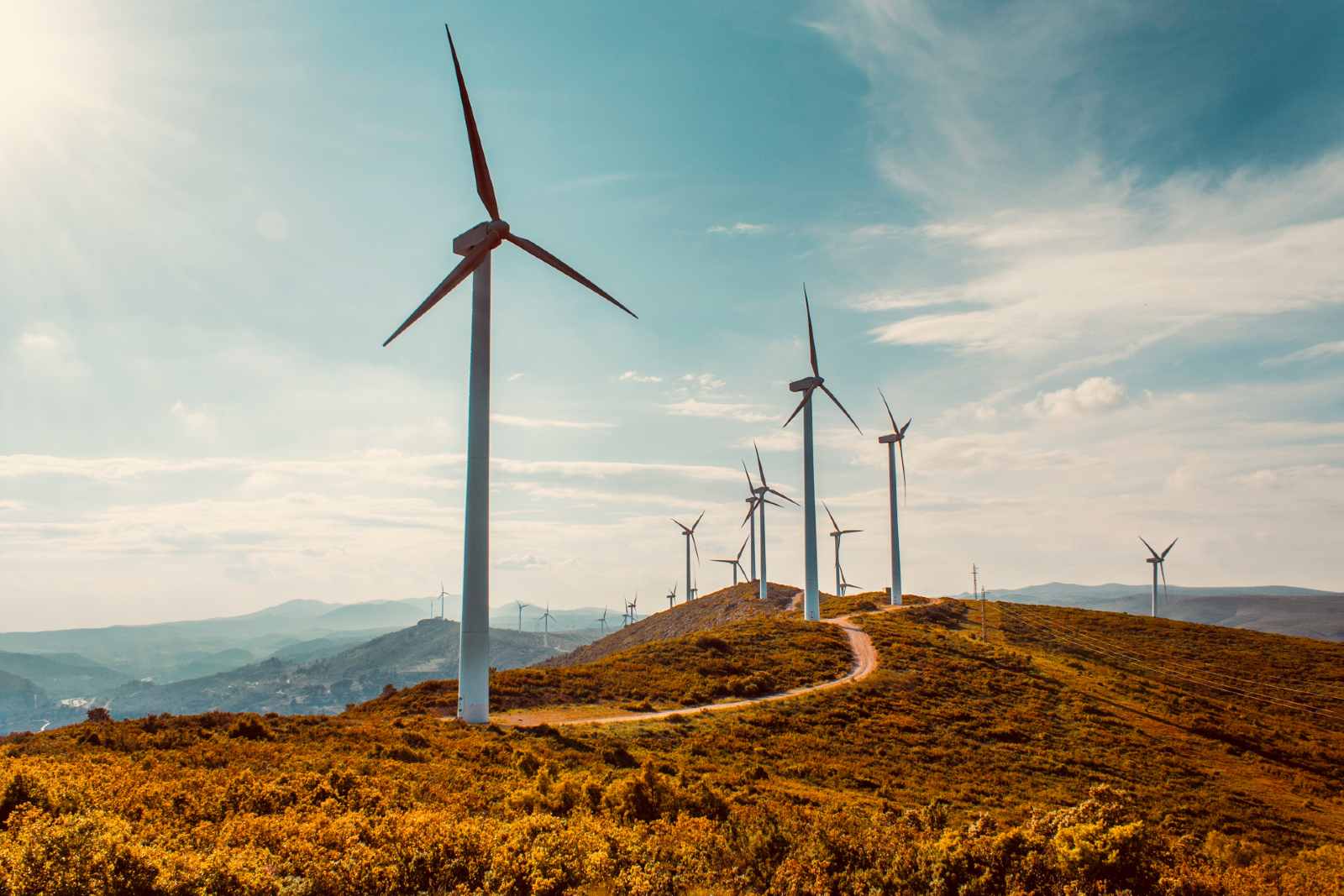Clean energy investments see slight improvement this year + A new app to track UV radiation + The biotech sector is in trouble amidst investment drought

The world is still lagging behind on clean energy investments — but there’s some improvement: Global energy investments are set to rise 8% to USD 2.4 tn this year, with a significant growth in clean energy investments that is offset by a rising reliance on coal, the International Energy Agency’s latest World Investment Report (pdf) shows. While investments in clean energy account for over three quarters of this year’s growth in energy investments (more than USD 1.4 tn), the IEA still described that as “well short of what is required to hit international climate goals, but nonetheless an important step in the right direction.” Clean energy spending is also “unevenly distributed,” according to the report, which notes that developed economies and China account for the bulk of investments.
And the ongoing energy crisis could drive coal investments up even further: Coal investments are on course to rise another 10% this year, after rising by the same levels to hit USD 105 bn in 2021, the report says. European countries like Italy, Germany, Austria, and the Netherlands are considering a return to coal to plug the shortage from Russia’s reduced flows into the continent. The report notes, however, that the energy crisis should not stand in the way of global climate pledges, adding that a “massive surge in investment to accelerate clean energy transitions” is “the only lasting solution.”
The European Investment Bank joined in the chorus of voices calling for increased investments in clean energy, particularly in Africa, with Vice President Ambroise Fayolle telling Reuters that the European lender will not be funding fossil fuel projects in a bid to safeguard climate goals.
Remember: Egypt is poised to be one of the EU’s most important allies for energy exports, after it signed a landmark agreement with the EU and Israel to increase exports to the continent last week.
Just in time for the start of summer: A new app can help you track UV radiation level forecasts to avoid extensive exposure to the ultraviolet rays, said the World Meteorological Organization, which launched the app with the World Health Organization, the United Nations Environment Programme, and the International Labor Organization. “It highlights time slots when sun protection is required with the aim of helping people around the world know when to use sun protection, in an effort to reduce the global burden of skin cancer and UV-related eye damage.” The app, which relies on “data from country-level weather and UV measuring stations to provide accurate and location-specific UV Index readings,” is designed to help achieve one of the UN Sustainable Development Goals related to global health and wellbeing.
In a funding drought hitting all sectors, biotech’s fate seems especially dry: US biotech companies are struggling to keep their head above water amid a tight investment market fueled by a worrying global economy, the Financial Times reports, citing analysts and investment banks. Biotech companies — who have long and risky development cycles — are looking less than appealing to investors and even their own backers. This has pushed many listed biotech companies to sign off on “draconian” agreements to survive such as raising equity at huge valuation reductions, taking out risky loans, monetizing future royalty streams, or looking to big pharma to lend a hand. Over half of listed companies who raised money this quarter had to offer incentives to get the agreement across, the FT found. Meanwhile, others such as Genocea, which was working on cancer treatments, have been forced to shut down operations in a clear sign that the biotech industry is in a tough predicament.